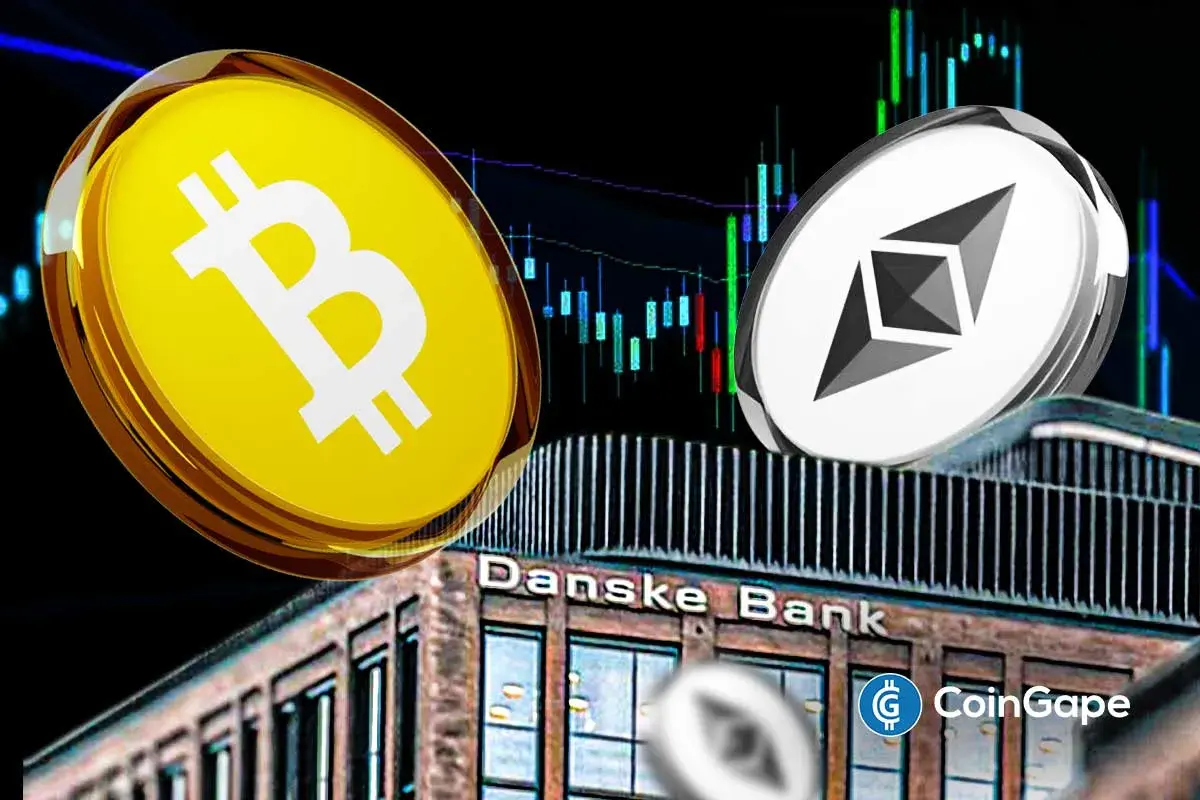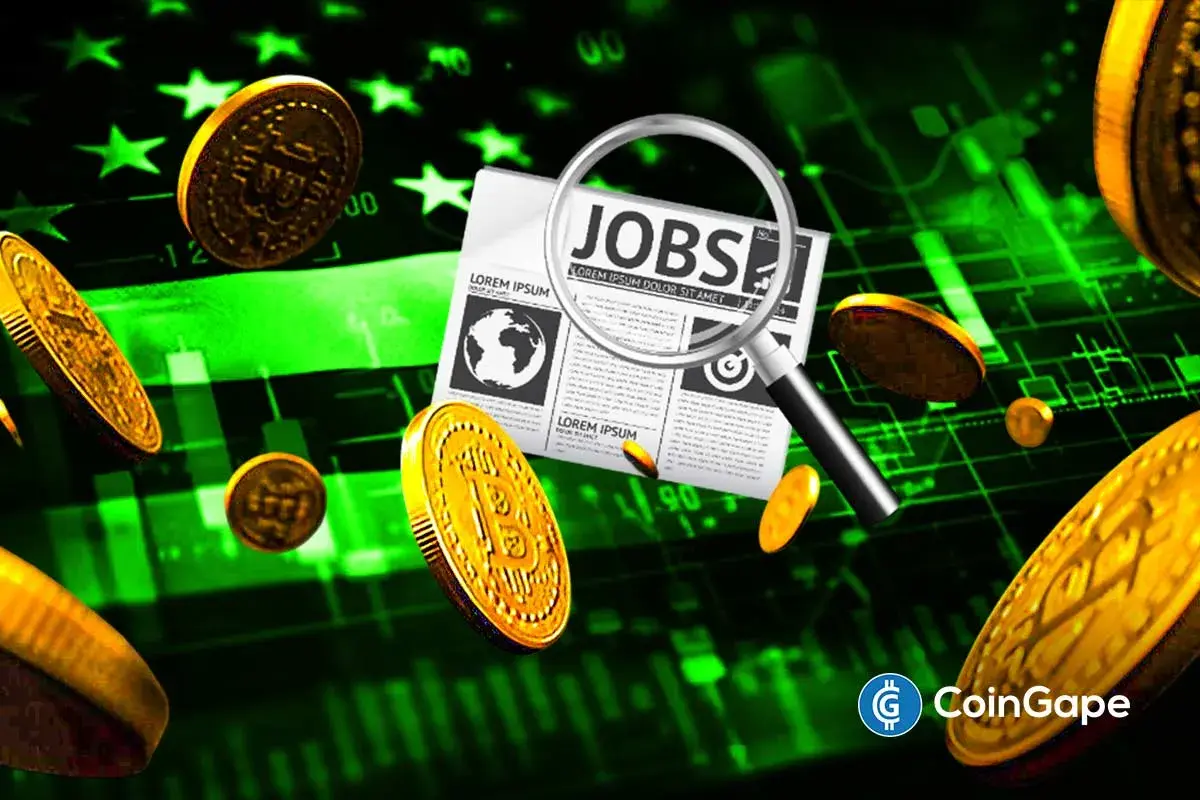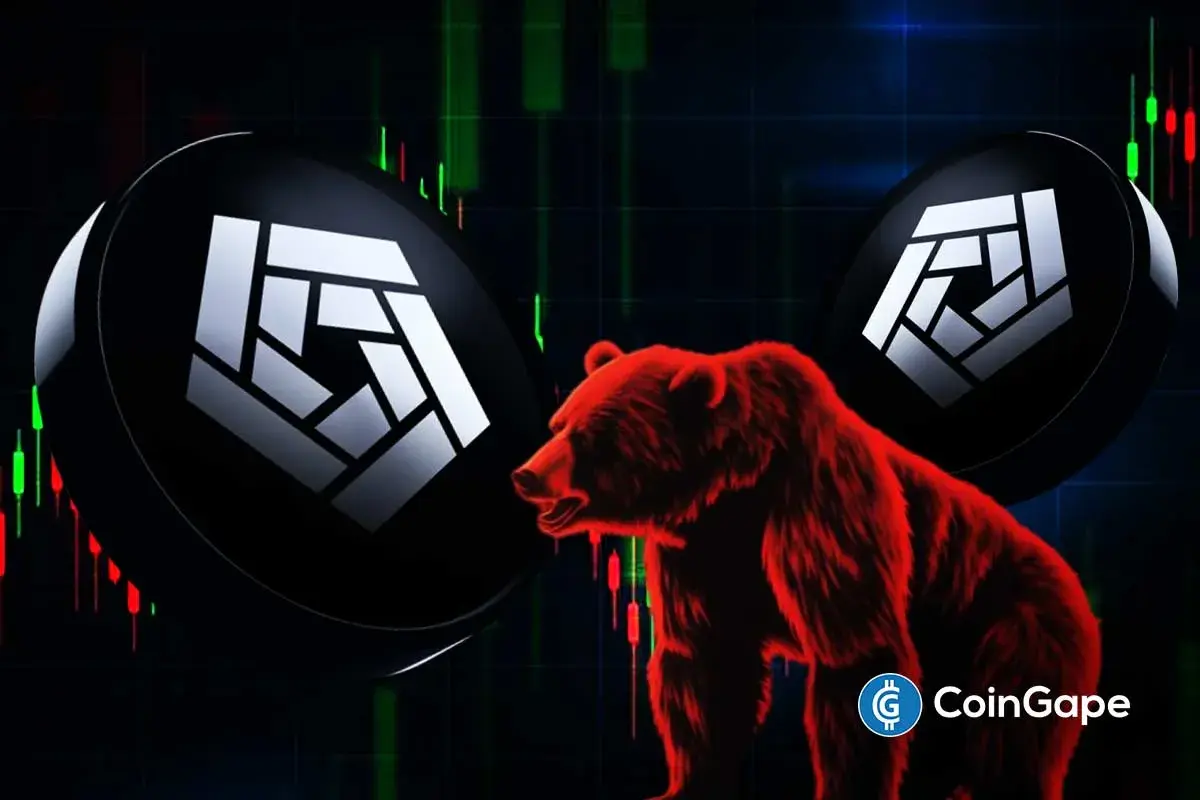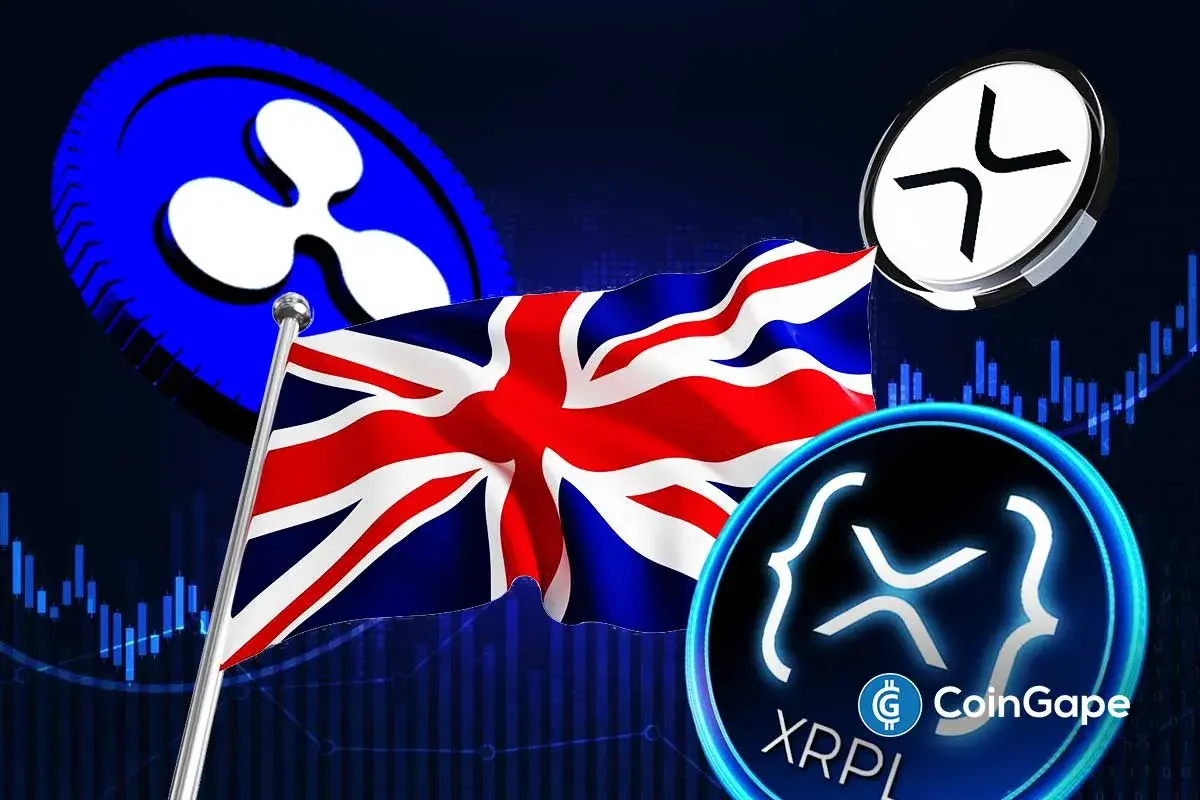EU Cracks Down On Apple For Tech Rules Violation, How It Impacts Crypto?

Highlights
- The European Union regulators are cracking down on Apple as part of implementation of the Digital Markets Act.
- Recently, Italy announced the imposition of fines on crypto misconduct.
- EU's increased regulatory scrutiny on big tech firms like Apple and the crypto space could further intensify amid the MiCA regulation's implementation.
The European Union‘s (EU) regulatory body, the European Commission, announced on Monday that Apple is in violation of the new Digital Markets Act (DMA). This landmark law aims to curb the influence of major technology firms. The Commission’s preliminary findings indicate that Apple’s App Store policies restrict app developers from guiding customers to alternative purchasing options.
The DMA, enacted to prevent Big Tech companies from abusing their dominant market positions, includes provisions against “anti-steering” practices. Specifically, these rules prohibit tech giants from blocking businesses from informing users about cheaper alternatives or subscriptions outside their app stores.
European Union’s Crackdown On Apple
Furthermore, the Commission criticized Apple for imposing restrictions that limit developers from freely promoting offers and signing contracts through their chosen distribution channels. The European Commission stated, “Apple’s App Store rules prevent app developers from freely steering consumers to alternative channels for offers and content.”
Moreover, Apple’s current system allows developers to provide links to external websites for purchasing content. However, these links are subject to restrictions that hinder direct communication and promotion.
Further scrutiny revealed that Apple’s fees for initial customer acquisition through the App Store exceed what the Commission considers “strictly necessary.” Although the Commission did not specify what constitutes a necessary fee, Apple faces potential fines of up to 10% of its total global annual revenue if found guilty of breaching the DMA.
This is not the first time Apple has faced regulatory challenges in the EU. Earlier this year, Apple was fined €1.8 billion ($1.93 billion) for anti-competitive practices in the music streaming market. Furthermore, despite recent adjustments to its App Store policies, such as permitting downloads from websites and third-party stores, the Commission remains wary of Apple’s new practices.
The Commission is currently examining Apple’s core technology feebof €0.50 ($0.54) per app installed outside its App Store. In addition, this investigation aims to determine if this fee complies with DMA regulations.
Additionally, the Commission is assessing whether Apple’s procedures for downloading alternative app stores or apps meet the bloc’s rules. The eligibility criteria for offering alternative app stores or direct app distribution on iPhones are also under review.
Also Read: OpenAI CTO Mira Murati Says Realizing AI’s Potential Is Not Guaranteed
State Of Crypto Regulation In EU
Simultaneously, the European Union is tightening regulations on the crypto market. Italy is preparing to implement stringent measures to monitor crypto asset risks. According to a draft decree reviewed by Reuters, Italy’s cabinet is expected to approve measures including hefty fines ranging from €5,000 ($5,400) to €5 million ($5.4 million).
The fine will be imposed for insider trading, unlawful disclosure of inside information, or market manipulation. As the EU gears up to enforce MiCA, countries are determining their local regulatory bodies, known as National Competent Authorities (NCA), to oversee the crypto sector. Moreover, Italy’s proactive stance illustrates the EU’s commitment to robust oversight in both the technology and financial sectors.
The intersection of these regulatory developments in tech and crypto suggests a rigorous enforcement approach from the EU. The crackdown on Apple under the DMA highlights the bloc’s resolve to limit the power of dominant firms and promote fair competition. Similarly, the stringent measures under MiCA signal a no-tolerance policy towards market manipulation and insider trading in the crypto space.
For the crypto industry, these regulatory moves imply a future of increased scrutiny and stricter compliance requirements. Firms operating in both the tech and crypto markets may need to reassess their strategies to align with the EU’s evolving digital regulatory landscape.
Also Read: Trending Cathie Wood Stocks This Week
- XRP Community Day: Ripple CEO on XRP as the ‘North Star,’ CLARITY Act and Trillion-Dollar Crypto Company
- Denmark’s Danske Bank Reverses 8-Year Crypto Ban, Opens Doors to Bitcoin and Ethereum ETPs
- Breaking: $14T BlackRock To Venture Into DeFi On Uniswap, UNI Token Surges 28%
- U.S. Jobs Report: January Nonfarm Payrolls Rise To 130k, Bitcoin Falls
- Arkham Exchange Shut Down Rumors Denied as Bear Market Jitters Deepen
- Ethereum Price at Risk of a 30% Crash as Futures Open Interest Dive During the Crypto Winter
- Ethereum Price Prediction Ahead of Roadmap Upgrades and Hegota Launch
- BTC Price Prediction Ahead of US Jobs Report, CPI Data and U.S. Government Shutdown
- Ripple Price Prediction As Goldman Sachs Discloses Crypto Exposure Including XRP
- Bitcoin Price Analysis Ahead of US NFP Data, Inflation Report, White House Crypto Summit
- Ethereum Price Outlook As Vitalik Dumps ETH While Wall Street Accumulates
















